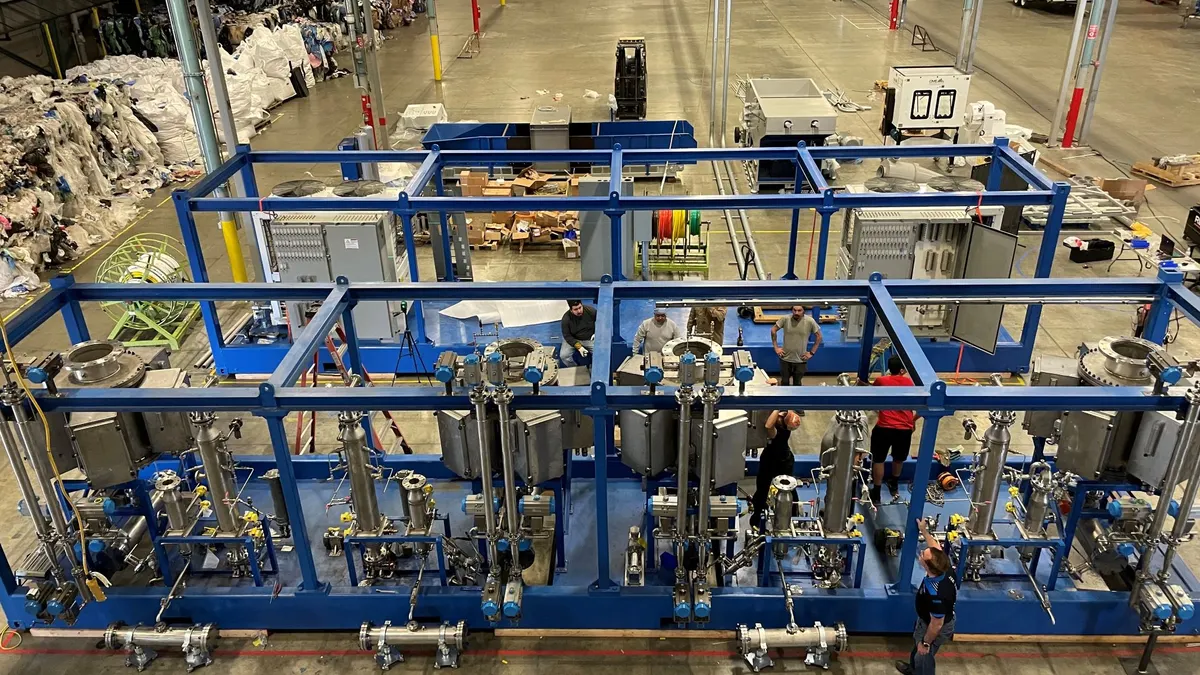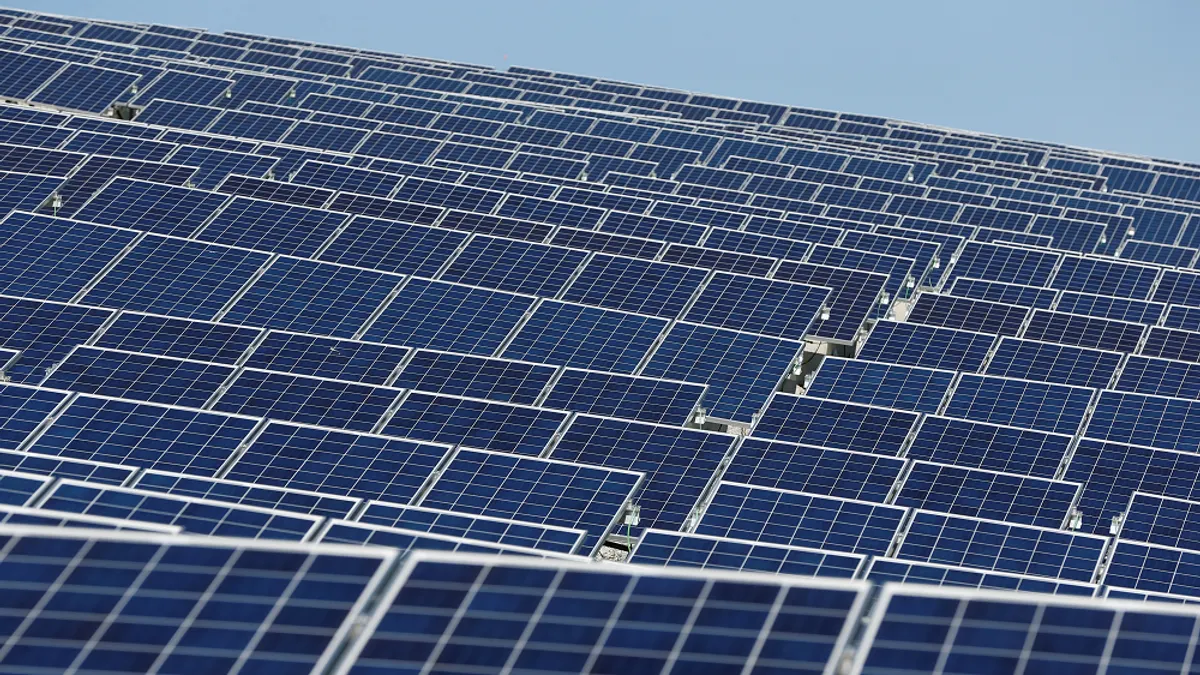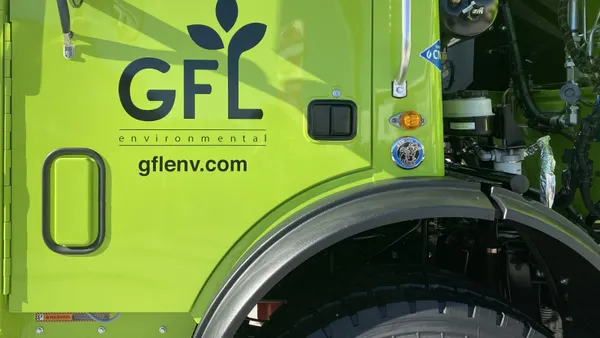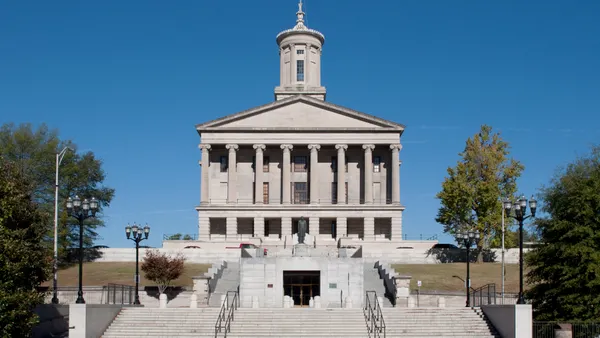Dive Brief:
- Chemical recycling company Resynergi announced it will move its operations out of California in favor of a new, undisclosed location. Resynergi CEO Brian Bauer said the move is expected to take place in the next few months.
- The move comes as the company faced permitting challenges and pushback from residents and community groups in Rohnert Park, where Resynergi was in the process of opening its commercial demonstration plant.
- Resynergi said in a news release that it plans to locate operations in an industrially zoned area better suited to the company’s plans to scale, that will offer tax incentives and will provide a more “streamlined” permitting experience.
Dive Insight:
While some companies plan projects in locations already friendly to chemical recycling businesses, such as Texas or parts of the Midwest, Resynergi centered its R&D operations in California. It’s a state not known for major chemical recycling activity in part because of strict permitting requirements.
Resynergi uses what it describes as a proprietary “continuous microwave assisted” pyrolysis technology to convert plastic waste, particularly polyolefins, into pyrolysis oil for use in making new plastics or fuel. It envisions building small, modular processing facilities co-located with MRFs, which Bauer said cuts down on transportation and processing costs.
Initially, California was an ideal environment for the company, Bauer said, in part because of the state’s reputation for innovation and residents’ motivation to recycle.
Resynergi had operated an R&D site for several years in the Santa Rosa area before it closed last year. It was in the process of moving from its current Rohnert Park location to a larger, 60,000-square-foot facility nearby. Yet nearby community members raised concerns about potential environmental and health impacts. California Communities against Toxins also filed a related "intent to sue" notice in August, alleging that the company had been operating without proper permits and was emitting air pollutants.
Regulators inspected the Resynergi sites last month as a result of complaints, the Press-Democrat reported. Bauer said some of the complaints came after the company closed the facility, but added that Resynergi has been cooperating with regulators. Meanwhile, the larger Rohnert Park facility has not started operations because it is still in the process of obtaining necessary air permits, he said.
The City of Rohnert Park has granted Resynergi an administrative use permit for the expanded commercial facility, noting that the company must meet other permitting and safety conditions before operations could begin.
California’s rigorous rules for emissions, transportation and other business aspects make it a difficult place to get permitted, Bauer said, and the high standards have helped the company operate at a high level while refining Resynergi’s technology.
Bauer expects Resynergi won’t have as many challenges with the permitting process in the new location. The undisclosed location is also better suited to scaling the company’s building and production plans, he said.
“Scaling is a big deal, and the [California] site is just not appropriate for scaling larger,” he said.
In February, the company announced that it had raised $18 million in series B extension funding meant to help commission its facility. That funding, led by investment company Taranis along with venture capital firm Transitions First and Lummus Technology, will still be used for the project. Bauer said some of that funding is now being used for the move.
The new site has also opened doors for additional partnerships, including funding assistance and new plastic offtake and feedstock agreements, he said.
Though Bauer said he expects community opposition will be “far less of a factor” in the new location, he acknowledges that chemical recycling, also known as advanced recycling, has its critics.
The Resynergi opposition in California mirrors that of other communities that have spoken against chemical recycling projects. Recently, Alterra Energy withdrew its proposal to build a chemical recycling facility in Sugarloaf, Pennsylvania. Local environmental and community groups said the project would create air pollution and put a strain on the surrounding environment, but Alterra said it ultimately changed plans due to a disagreement with the landowner at the planned site.














